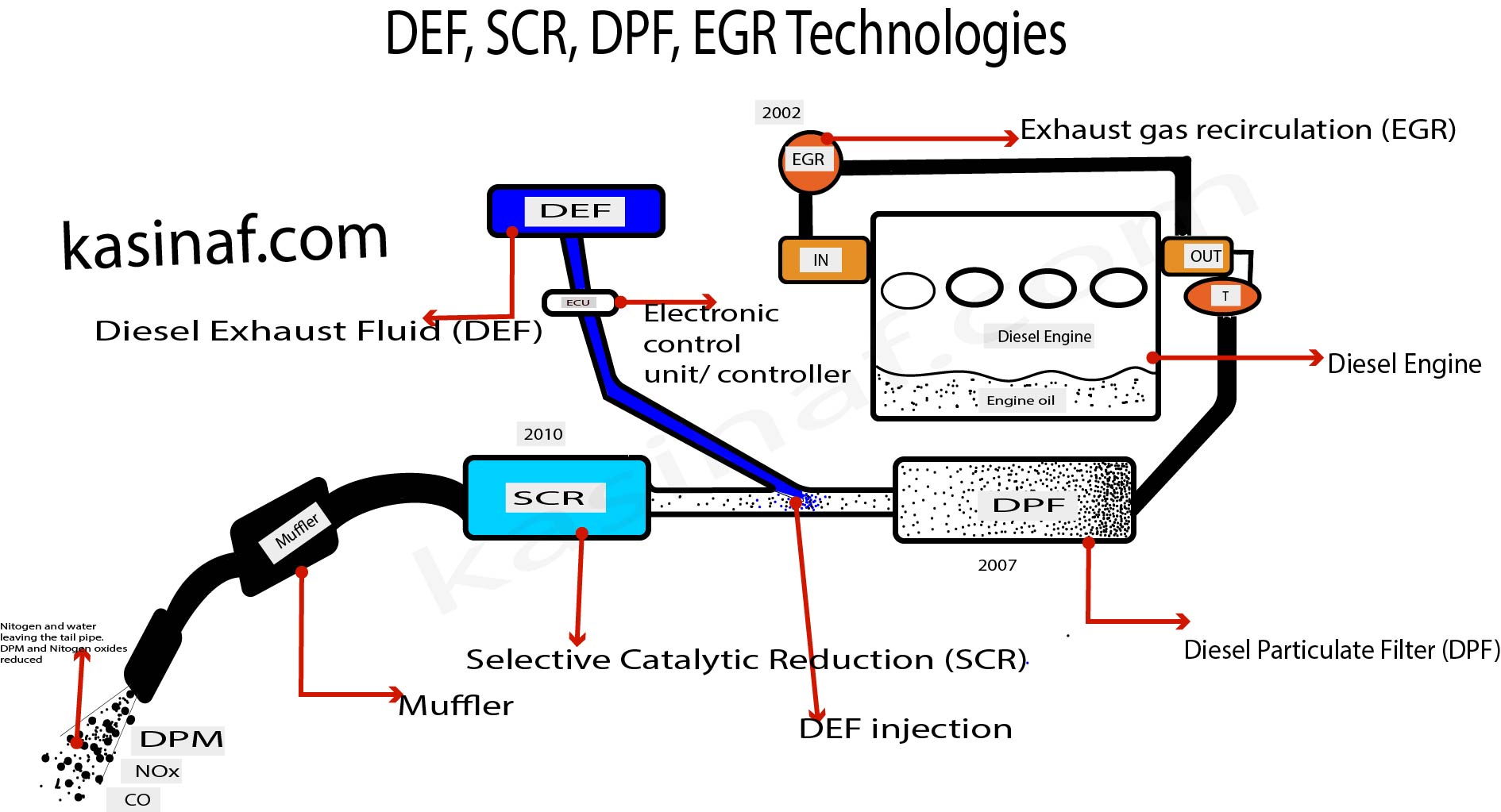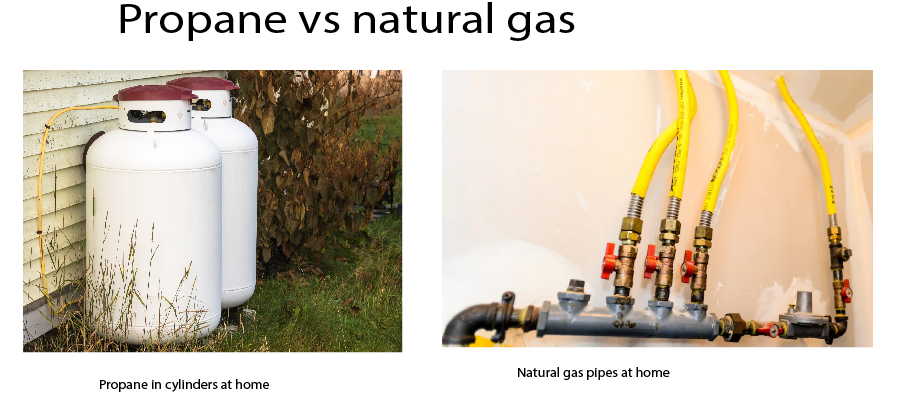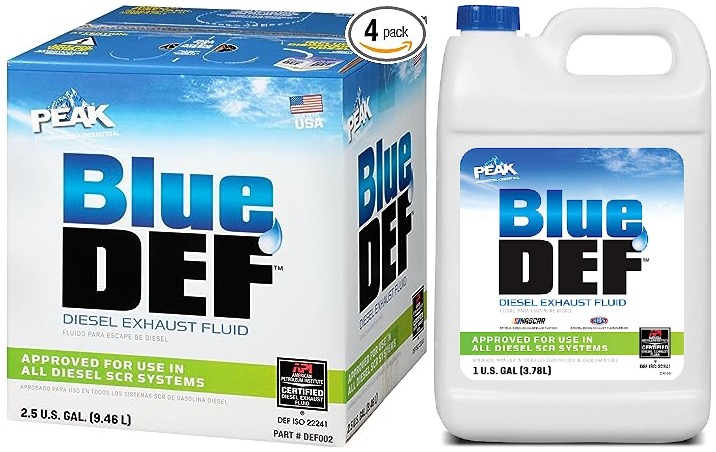In the realm of home safety, few concerns are as urgent as the detection and management of gas leaks, be it from propane or natural gas sources. This comprehensive guide offers valuable insights into the critical aspects of gas safety. It underscores the importance of understanding how to respond to gas leaks swiftly and effectively, while also exploring the safety features and potential risks associated with these gases.
Gas leaks, though relatively rare, can pose a significant threat to property and personal well-being. The distinct smell of propane, often likened to rotten eggs, serves as an early warning system. Recognizing this odor is paramount for everyone, even those with reduced sensitivity due to age, medical conditions, or external factors.
This guide not only educates readers on identifying gas leaks but also instructs them on the immediate actions to take in case of a suspected leak, emphasizing the critical need for a proactive response. Safety measures range from extinguishing flames and evacuating the area to reporting the leak to the relevant authorities and professionals for verification and necessary action.
Ultimately, this guide is a fundamental resource for individuals seeking to safeguard their homes and families, with the overarching message that gas safety should never be underestimated.
II. What to Do If You Smell Gas in Your House or Apartment
Gas safety is of paramount importance, especially when dealing with propane, which, while generally safe, can pose risks if mishandled. If you ever detect the distinctive smell of gas in your house or apartment, quick and informed action can make all the difference in preventing accidents and ensuring the safety of your loved ones.
- Immediate safety precautions:
- Extinguish flames and sparks: Put out all smoking materials and open flames immediately. Avoid any potential sources of sparks, such as lighters, switches, doorbells, or electrical devices, which could trigger an explosion or fire.
- Evacuate the area: If you detect the smell of gas inside, prioritize your safety and evacuate the premises swiftly. If you smell gas outdoors, leave the area cautiously, as vehicles or electrical equipment can pose safety risks.
- Shut off the gas supply: If it’s safe to do so, turn off the main gas supply valve on your propane tank. Remember to turn it clockwise (to the right) to close the valve.
- Reporting the leak: Contact your propane retailer immediately, preferably from a neighbor’s home or a safe distance away from the gas leak. If you can’t reach your propane retailer, don’t hesitate to call 911 or your local fire department.
- Waiting for a qualified technician: Do not return to the building or the area until a qualified service technician, your propane retailer, or an emergency responder declares it safe to do so. Ensure your entire system is leak-free before attempting to use any propane appliances.
Detecting the smell of propane is crucial for your safety. It has a distinct odor reminiscent of rotten eggs, designed to serve as an early warning system for gas leaks. However, be sure to distinguish this odor from other sources, such as garbage or sewage, and be cautious about any particularly intense smells accompanied by a hissing sound.
Stay vigilant and prioritize safety, as gas leaks can lead to hazardous situations. If you are concerned about your ability to smell propane, consider investing in a propane gas detector for added protection.
Propane is relatively safe when handled correctly, but serious leaks can still occur, typically as a result of neglecting maintenance. To ensure safety, always leave gas leak handling to professionals. A call to your propane retailer, like Foster Fuels, is your first step towards resolving the issue and keeping your home secure.
Remember, quick and proper response to the smell of gas is essential. By following these guidelines, you can safeguard your household and take immediate steps to mitigate any potential risks associated with propane.
III. What to Do If You Detect a Gas Leak
A. Evacuation and Immediate Reporting. When it comes to detecting a gas leak, especially in the case of propane, immediate action is crucial for safety. Even though propane is relatively safe, a strong gas smell is a serious matter. Follow these steps:
- No Flames or Sparks: The first and foremost action is to extinguish all flames and sources of sparks, such as cigarettes, open flames, lighters, and even electrical devices like switches, doorbells, and thermostats. These can trigger explosions or fires.
- Immediate Evacuation: If you smell propane inside your home or apartment, swiftly and safely evacuate the premises with your family. If you sense gas outdoors, exercise caution while leaving the area and be mindful of potential safety risks from vehicles or electrical equipment.
- Gas Supply Shutdown: If it is safe to do so, turn off the main gas supply valve on your propane tank. Turn the valve clockwise (to the right) to close it.
- Reporting the Leak: From a neighbor’s home or another nearby location away from the gas leak, contact your propane retailer immediately. If you cannot reach your propane retailer, call 911 or your local fire department to report the gas leak.
- Wait for Professional Assessment: Do not re-enter the building or area until a qualified service technician, your propane retailer, or an emergency responder confirms that it’s safe to do so. Before using any propane appliances, ensure that your entire system is inspected for leaks.
The importance of not ignoring gas odors:
Both propane and natural gas are odorless, but a chemical is added to them to give them a distinctive smell. For propane, it is described as a strong, unpleasant smell similar to rotten eggs, a skunk’s spray, or a dead animal. In the case of natural gas, it has a distinctive “rotten egg” smell due to the addition of a harmless chemical called mercaptan. The reason for these added smells is to alert you to the presence of a gas leak, which can be a significant safety hazard. It is essential not to ignore these odors and take them seriously.
B. RECOGNIZING THE SMELL OF PROPANE
Recognizing the Smell of Propane. Propane is intentionally odorized with a foul smell, akin to rotten eggs or a skunk’s spray, to serve as a warning for potential gas leaks. Be vigilant in distinguishing this smell from other sources and take action if it’s persistent or accompanied by a hissing sound. Some additional points to consider:
- Ensure the odor is genuinely propane and not from other sources like garbage, sewage, or a dead animal.
- Understand that a faint propane smell might be normal when lighting appliances like stoves or when a pilot light goes out.
- Take any intense, persistent propane smell seriously, especially if it persists or is accompanied by a hissing sound.
C. Call 811 Before Digging To prevent damaging gas lines when digging or working in your yard, it’s crucial to know the location of gas lines. Calling 811 before digging is a standard practice to ensure the safe excavation of any area.
D. Safe Storage Practices Safety precautions extend beyond detection and response to gas leaks. Safe storage practices can help minimize risks. Follow these guidelines:
- Regularly change or clean furnace filters as recommended by the manufacturer to prevent obstructions and improve the efficiency of your heating system.
- Avoid storing cleaning fluids, oil-soaked rags, gasoline, or other flammable liquids near gas-burning appliances to prevent vapors from being ignited by pilot lights.
Remember that while propane is generally safe, you should leave gas leak handling to professionals. Seek the assistance of your propane retailer, such as Foster Fuels, who can promptly address and resolve any gas leak issues, ensuring the safety of your household. Your safety and the safety of your family should always be the top priority when dealing with gas leaks.
IV. Can You Smell gas or propane?
Propane and natural gas are widely used for heating and cooking in our homes. It’s essential to know how to detect gas leaks because these gases are odorless on their own. To help us detect them, an odorant is added that makes them smell like rotten eggs or sulfur. But can everyone smell it? Let’s find out.
A. Factors affecting the ability to smell propane:
- Medical Conditions: Some people, due to colds, allergies, sinus congestion, or other medical issues, may have difficulty smelling the added odorant in gas.
- Lifestyle Factors: If someone uses tobacco, alcohol, or certain drugs, their sense of smell may be reduced, making it harder to detect gas leaks.
- Odor Interference: Strong odors from sources like tobacco smoke, cooking, or other scents can mask the smell of gas, making it less noticeable.
- Aging: As people get older, their sense of smell may become less sensitive, so it’s crucial to be more cautious.
- Odor Fatigue: If the smell of gas lingers in the air for a while, the nose can become “tired,” and people may no longer notice the propane odor.
- Location: Gas smells may not be detected in certain areas of a building, like basements or attics, which can be dangerous.
B. The Importance of Propane Gas Detectors:
Considering the various factors that can affect one’s ability to smell gas, propane gas detectors play a vital role. These detectors can sense gas leaks even when individuals can’t, providing an extra layer of safety. They will alert you to the presence of propane in the air, allowing you to take immediate action, such as leaving the area and calling for help.
In summary, being aware of the factors that affect your ability to smell gas is crucial. If you suspect a gas leak but are unsure, err on the side of caution and take immediate action. Propane gas detectors can be a lifesaver in such situations, ensuring your safety and that of your loved ones. Always prioritize safety when dealing with gas.
Safety of using gas or propane, Know the Risks
A. The potential dangers of propane fumes:
Propane is a relatively safe and efficient fuel source for heating your home and running various appliances. However, it’s essential to be aware of the potential dangers associated with propane fumes. Propane is a flammable gas, and even though it has safety features like being non-toxic and not igniting below 920°F, it can pose risks when not handled properly. If you smell propane, it’s crucial to treat it seriously, as it could lead to property damage or more severe consequences. Propane leaks can occur, so knowing how to respond is essential.
B. The role of regular maintenance by a qualified professional:
To ensure the safety of using propane, regular maintenance by a qualified professional is crucial. While propane is generally safe, long-term neglect of your propane tank and heating system can lead to serious leaks. Therefore, investing in routine maintenance is your best defense against potential issues. These professionals can inspect your system, ensuring it remains in good condition and is free of leaks. Their expertise helps identify and prevent problems before they become hazardous.
C. Contacting professionals. Like your gas supplier in case of a leak:
If you ever detect a propane leak or suspect one, it’s important to contact professionals like Foster Fuels immediately. They have the knowledge and experience to handle propane leaks safely. Here’s what to do if you smell gas:
- No flames or sparks: Put out all smoking materials, open flames, and anything that can create sparks, such as lighters, electrical devices, and switches.
- Leave the area immediately: Evacuate your home or the affected area, both indoors and outdoors. Be cautious around vehicles and electrical equipment that could pose safety risks.
- Shut off the gas: If safe, turn off the main gas supply valve on your propane tank by turning it clockwise.
- Report the leak: Call your propane retailer from a neighbor’s home or another nearby building. If you can’t reach them, call 911 or your local fire department.
- Do not return until it’s safe: Wait for your propane retailer, an emergency responder, or a qualified service technician to determine that it’s safe to re-enter.
- Get your system checked: Before using any propane appliances, have your propane retailer or a qualified service technician check your entire system to ensure it’s free of leaks.
Remember that propane has a distinct odor like rotten eggs, which is deliberately added to help you detect leaks. In some situations, you may have difficulty smelling propane due to various factors, such as medical conditions, age, or odor fatigue. In such cases, consider using propane gas detectors for added safety.
In summary, staying safe when dealing with propane involves being aware of the risks, investing in regular maintenance, and contacting professionals promptly in case of a leak. These precautions ensure that you can continue to use propane as a safe and efficient fuel source for your home.
Is It Always Serious If I Smell Gas?
When it comes to detecting gas leaks, it’s crucial to treat every gas smell as potentially serious. Natural gas and propane can pose significant safety risks, and it’s essential to take appropriate action if you detect their distinctive odors. Here are the signs your home might have a gas leak and the immediate actions to take if you suspect one:
Treating every gas smell as potentially serious:
Smelling gas in your home should never be taken lightly. Whether it’s natural gas or propane, the characteristic odor of rotten eggs, sulfur, or a similar foul smell should raise concerns. These gases can be harmful and pose a risk of fire or explosion. It’s important to err on the side of caution and treat every instance of gas odor as a potentially serious issue.
B. Signs your home has a gas leak:
To identify a gas leak, be alert to the following signs:
- A strong, unpleasant smell like rotten eggs or sulfur.
- The sound of hissing near a gas appliance or connection.
- Dead patches of grass in your yard, potentially indicating a leak in an outdoor gas line.
- Symptoms like dizziness, fatigue, nausea, headaches, breathing problems, eye or throat irritation, or pale skin when you’re inside your home.
C. Immediate actions to take if you suspect a gas leak:
If you suspect a gas leak in your home, it’s vital to act promptly and take these immediate actions:
- Evacuate everyone in the house immediately, including pets.
- Do not use anything that can produce a spark or flame.
- Open windows and doors to provide ventilation, aiding in gas dissipation.
- If you know the location, turn off your gas meter.
- Call emergency services, such as 911, to report the issue and seek professional assistance.
- Inform your neighbors about the potential gas leak, as they might also be at risk.
- Wait for a gas company representative or emergency responders to arrive and assess the situation. Do not return to your home until it is deemed safe to do so.
In the case of natural gas, you can also follow specific guidelines provided by your local gas company for reporting gas odors and handling gas-related emergencies. Remember that safety is paramount when it comes to gas leaks, and it’s better to be cautious and proactive in these situations.
How to Prevent Gas Leaks
To prevent gas leaks, whether from propane or natural gas, it’s essential to follow certain safety measures and conduct regular inspections and maintenance. Here are the key steps to prevent gas leaks:
A. The role of annual pipeline inspections:
Annual pipeline inspections play a crucial role in preventing gas leaks, especially with propane systems. Regular inspections help identify any potential issues, including corrosion, wear and tear, or loose connections. These inspections can be performed by a qualified service technician or gas company personnel. During these inspections, the technician will:
- Check for visible signs of damage or wear on the pipeline.
- Ensure that all connections are secure and properly sealed.
- Verify the condition of gas valves, regulators, and other components.
- Inspect the pipeline’s surroundings for any potential hazards or obstructions.
- Confirm that the system’s pressure levels are within the recommended range.
Regular inspections can help detect issues early, preventing leaks and ensuring the safe operation of the gas system.
B. Regular servicing of appliances and checking for wear and tear:
Gas appliances, including furnaces, water heaters, stoves, and ovens, should be regularly serviced to prevent potential gas leaks. Here’s what to do:
- Schedule annual maintenance checks with a qualified technician for all gas appliances in your home.
- Ensure that pilot lights are functioning correctly and that burners and valves are in good condition.
- Replace worn or damaged parts promptly to prevent leaks.
- If you ever smell gas near an appliance, inspect it for any visible signs of gas leaks, such as hissing sounds, and address the issue promptly. If you’re unsure, seek professional help.
Preventive maintenance is crucial to identify and rectify potential gas leaks early, ensuring the safe operation of your gas appliances.
C. Inspection and maintenance of gas fittings and shut-off valves:
Gas fittings and shut-off valves play a vital role in controlling the flow of gas in your system. To prevent gas leaks, take the following steps:
- Periodically inspect all gas fittings and shut-off valves for signs of corrosion, wear, or damage. Replace any components showing signs of deterioration.
- Ensure that shut-off valves are easily accessible and functioning correctly in case you need to shut off the gas supply in an emergency.
- Follow local regulations and have any necessary repairs or replacements done by a licensed plumber or gas technician.
Proactive inspection and maintenance of gas fittings and shut-off valves can help prevent gas leaks by ensuring that the gas system remains in good condition and is ready for safe operation.
By adhering to these safety measures and conducting regular inspections and maintenance, you can significantly reduce the risk of gas leaks and ensure the safety of your propane or natural gas system. Remember that gas leaks should never be ignored, and immediate action must be taken to address them for the safety of your home and family.
Conclusion
In conclusion, the presence of gas smells, whether from propane or natural gas, should never be taken lightly. Immediate action is paramount when you detect such odors. Your safety and that of your loved ones are non-negotiable. By following the essential safety measures outlined in this guide, you can minimize the risks associated with gas leaks. From recognizing the smell to swift evacuation, contacting professionals, and adhering to preventive measures, you have the power to safeguard your home and well-being.
Prioritizing safety is not just a recommendation; it’s an obligation. Regular inspections, maintenance, and vigilance can significantly reduce the likelihood of gas leaks. We encourage everyone to make safety a top priority in their homes, ensuring that you and your family remain protected from the potential dangers of gas leaks.












